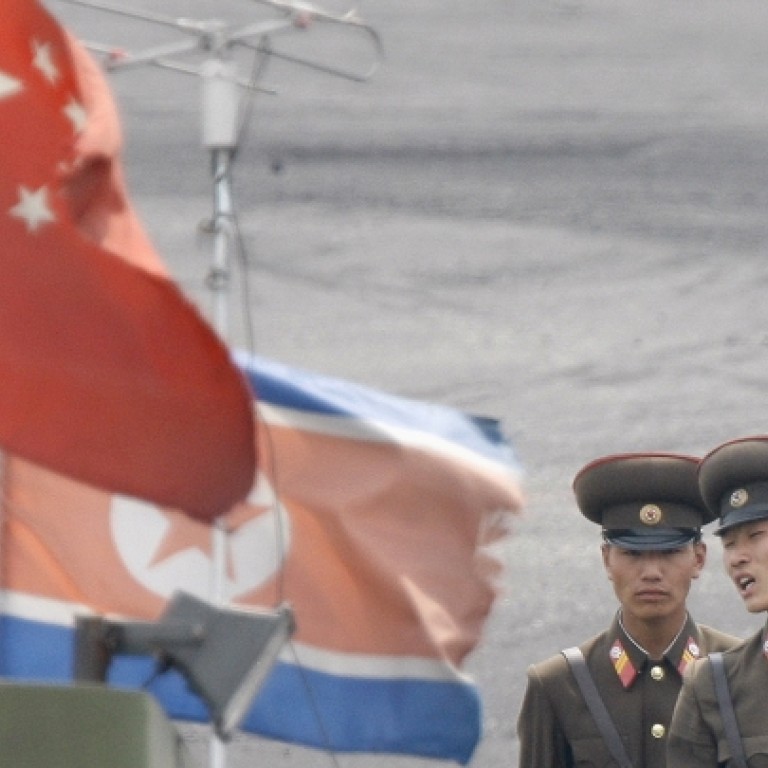
North Korean defectors claim they were forced to manufacture goods for China
Survey of 60 North Korean women who fled labour camps points to human rights violations
A survey among North Korean refugees indicates that the regime is forcing women in labour camps to produce goods for the Chinese market, including wigs and artificial eyelashes.
The study, sponsored by the British Embassy in South Korea, stems from interviews with 60 women who fled North Korea between 2011 and 2012. It paints a gruesome picture of human rights violations against women despite North Korea introducing new legislation on women's rights in December 2010.
"The majority of long-term detention centres (…) are producing for China," Joanna Hosaniak, deputy director general of the Seoul-based Citizens' Alliance North Korean Human Rights, told the South China Morning Post.
"All of the former prisoners mentioned the production," she said, adding that production had focused on the Chinese market after the collapse of the Soviet Union more than two decades ago.
She said that it was unclear whether the production is official government policy or just a way to generate additional income by the centres' management.
Among the women surveyed, 10 had been detained for one to three years in the reclusive regime's labour camps. These camps held 1,000 - 1,200 inmates on average, the vast majority whom were serving time for having illegally crossed the border into China, where police cooperated with North Korean authorities.
"The investigators at the detention centre possess documents submitted by the Chinese which include information on whether the person had contacts with Christian churches," the report said.
Pregnant women could defer their detention until the end of their pregnancy. If they had become pregnant in China, however, they were forced to have abortions or were given injections to induce premature labour, according to the report.
The report said that it has become easier for more North Koreans with means to transit through China within one or two months, typically arriving in Southeast Asia where they would apply for refugee status or seek refuge in South Korean diplomatic missions.
The report noted, however, that penalisation of those caught fleeing or repatriated from China increased with a reform of the criminal code in 2009.
Under article 23, people crossing the border illegally can be punished to up to five years of imprisonment in the country's notorious labour camps.
UN High Commissioner for Human Rights Navi Pillay estimated in January that 200,000 people are being detained in labour camps in North Korea, which has a population of 24 million people. The regime does not release its own figures.

